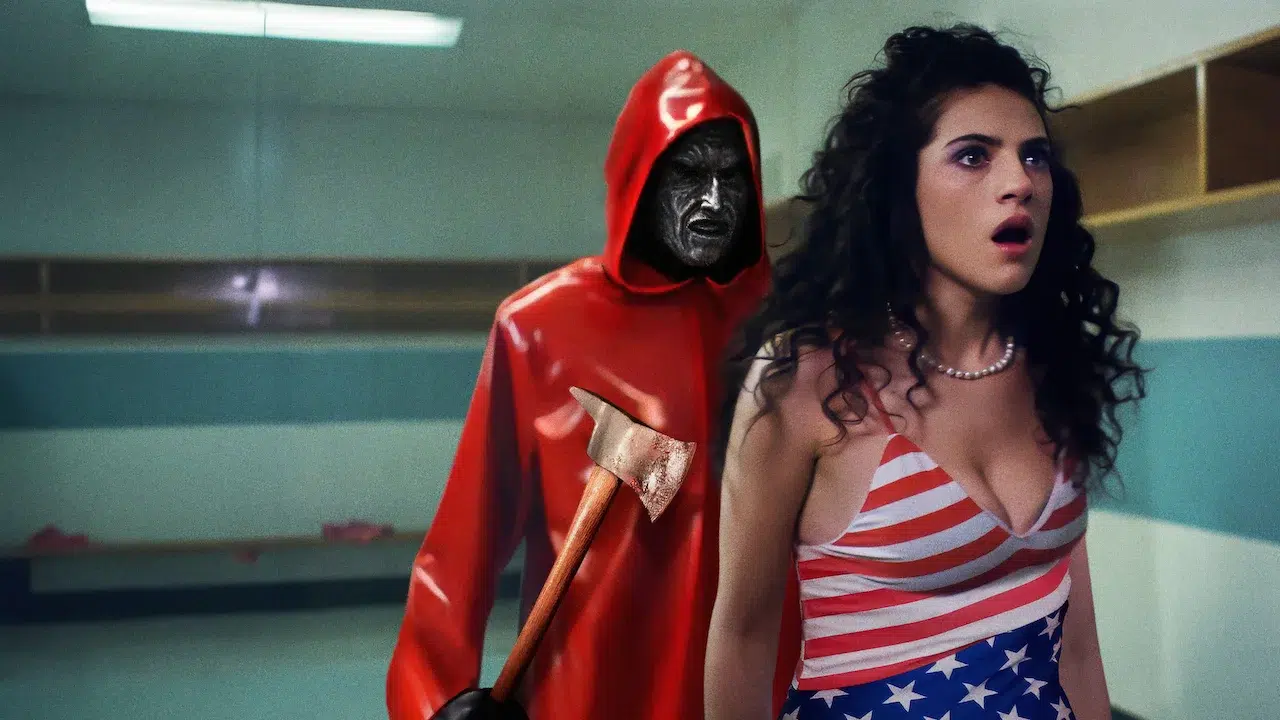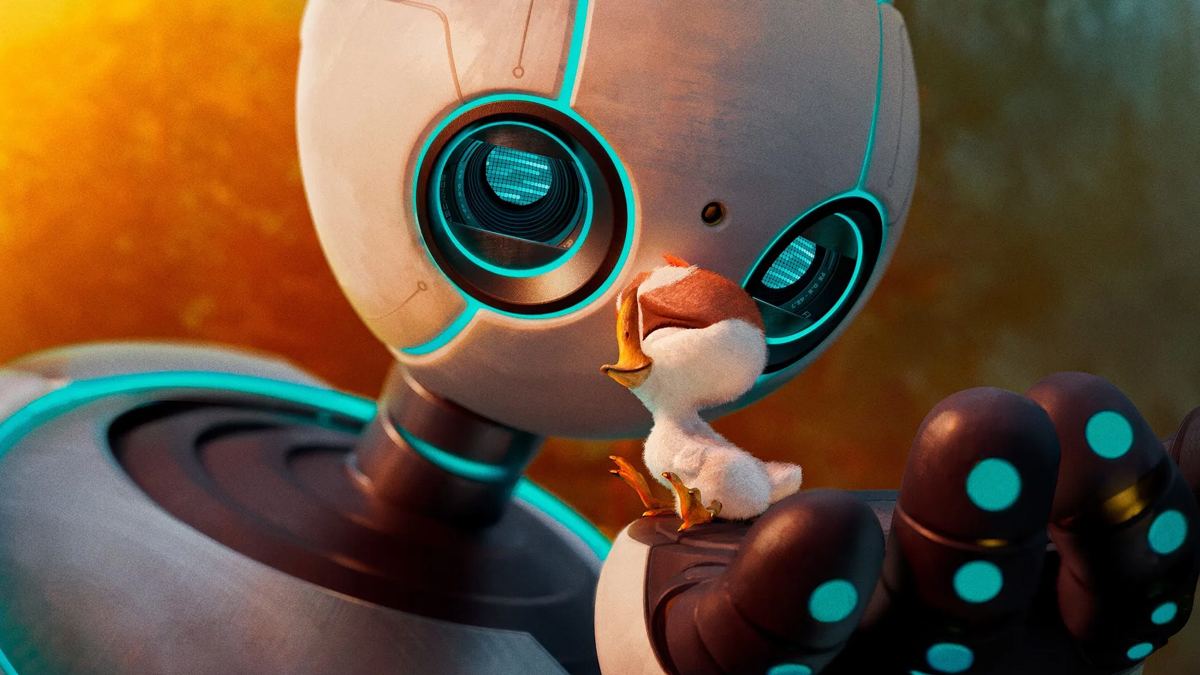An Interview with Chantal Boiron, editor-in-chief for UBU Scenes d`Europe/European Stages, Paris, France.
UBU European Stages is a bilingual (French/English) magazine created in 1996, UBU Scenes d`Europe/European Stages offers reflection on international artistic, theatrical and choreographic creation: files, excerpts from contemporary pieces, interviews, performance analysis, etc. In 25 years, they have published nearly 70 double issues. At the same time, they publish UBU l`Hebdo on the website, in French, with freely accessible articles to better reflect the life of the performing arts. UBU Magazine Official Website: https://ubu-apite.org/numeros/
Ivanka Apostolova Baskar: Why is your magazine called UBU?
UBU/Chantal Boiron: UBU, the character Alfred Jarry imagined when he was still a teenager to make fun of his physics teacher at the lycée in Rennes, has become universal. His play, UBU roi, has been performed all over the world. UBU is the symbol of rebellion against tyranny and stupidity. It still has a strong meaning. And UBU is just three letters. It’s easy to remember!
IAB: What is the advantage of being bilingual in a professional theater and dance magazine, against the charming “self-sufficiency” of French culture?
UBU/CB: At the time of the war in Bosnia, we envisaged setting up a European theatre relay in Sarajevo where European critics would take turns to show that culture and theatre were continuing despite the bombs. We even obtained a small grant from the European Council. But it was too complicated. And very dangerous for the journalists who would have taken part. So, when we later had the opportunity to do a theatre magazine, it was obvious that it would be a European magazine. That’s why all the articles are published in French and English, which is a language spoken much more widely than French throughout the world.
We are also introducing a third language by publishing extracts from a contemporary play in French and in the original language: Spanish, Portuguese, German, Polish, etc. as well as Arabic… With English, with all these different languages, there is the idea, or at least the dream, of opening up to the world.
IAB: How does UBU manifest the special importance of the place of culture and art in society and the political-existential systems of France?
UBU/CB: We use current theatrical and choreographic events as a starting point to try and reflect on recurring questions raised by the artists we are interested in. These are often problems that are also those of society. It was Václav Havel who said that ‘theatre is always a reflection of the society around it’.
IAB: The UBU magazine has existed since 1996, from 90s to the present in 2025, how would you summarize (through observation, monitoring, analysis, communication) French contemporary theatrical and choreographic productions in terms of development, European performances, co-productions, guest appearances, tours – what are the similarities and what are the changes, novelties, innovations from decade to decade about French productions toward international collaborations and exchanges?
UBU/CB: When we started out, it was admittedly easier. The world was more open. There were fewer bridges and borders than there are today. And there was more money for culture. Today, as you know, France has a huge financial deficit and drastic budget cuts are hitting culture, and live performance in particular. Inevitably, it’s more difficult than it was thirty years ago!
Despite this, France’s major theatres (L’Odéon-Théâtre de l’Europe, MC93, Théâtre de Chaillot), the Autumn Festival or the Dance Biennial in Lyon, for example, continue to welcome foreign directors and choreographers on a regular basis. It’s a great opportunity.
IAB: How does a journal like UBU manage to avoid favoritism of artists and productions, avoid a closed circle, and stumble horizontally into mapping states without violating the criteria of consistency?
UBU/CB: Of course, in thirty years, artists, directors, choreographers, writers, and actors have changed… We are discovering new generations, younger people, who have a different vision of the world, a different conception of their art, who imagine new forms and, therefore, who force us to question ourselves. This happens naturally.
IAB: As an editor-in-chief at UBU, what is your editorial attitude, approach, and methodology for tracing information/situation data relevant for further processing and publication?
UBU/CB: UBU is fortunate to have a fantastic editorial team. They are passionate and experienced journalists. We decide on the contents of each issue together at our editorial meetings.

Cover of UBU Scenes d`Europe/European Stages, issue 74-75.
IAB: How do you thematize with your team, each new issue of UBU, according to what criteria?
UBU/CB: There are always themes that impose themselves on us… Everyone defends their ideas. And we end up choosing the proposals that convince us the most. But, of course, the contents can still change before the issue is finished.
IAB: In your opinion, does green politics affect contemporary stage productions in France today?
UBU/CB: Yes, certainly. There is, especially among the new generations of artists, a desire to take sustainable energies into account. It’s part of the changes I’ve been talking about for the last thirty years, this new way of seeing the world and making theatre.
IAB: How has France adopted and implemented the European Union’s cultural policies for the internationalization of arts and culture in the last 10 years?
UBU/CB: To get a precise answer, you’d have to ask someone who works at the Ministry of Culture. As a journalist, I think that France has always adopted and respected European cultural policies. French venues welcome many European artists and regularly co-produce their shows.
IAB: To what extent is co-creative practice in theatre and dance in France acceptable, applicable, topical, and attractive as a challenge for the creation of performing arts?
UBU/CB: In France, there has always been a tradition of collaboration in theatre and dance. It can only be enriching.
The real challenge today is the financial issue: the reduction in cultural budgets.
IAB: What are the biggest fears for French cultural and artistic workers in the face of the rise of a radical right-wing political faction, and are the fears justified, or is it all a media-political construct?
UBU/CB: The dangers of the rise of the far right are pernicious. Well, France is a democratic state, and the threat is still very relative. Nevertheless, in some French regions where the far right has taken power, it is having an impact on culture and, in particular, on artistic creation, with a form of censorship and a drastic reduction in subsidies. We must remain extremely vigilant.
IAB: I come from a country where we only have outdated system of national theatres and they don’t set domestic contemporary dramatic texts. What is happening in France today in terms of the artistic power of dramatic classics and the emergence of new contemporary playwrights in France; are their texts staged at the risk of success or failure, and do young and emerging authors get that systemic chance to try and fight for a place in the sun?
UBU/CB: For the moment, contemporary authors are regularly staged in France. And we are regularly discovering new writing. There are structures like Théâtre Ouvert in Paris that are dedicated to contemporary writing. And in their specifications, the National Drama Centres must create contemporary texts. At the moment, we’re seeing a real revival in French theatre. Not everything is successful. But it’s promising.
The real danger, I insist, is the budget cuts we’ve seen over the last two or three years.
IAB: In your opinion, where is the most dominant artistic challenge to French (classic, modern classic, and contemporary) dramatics today, now and here, or outside of France – in Europe, the Balkans, the USA, Asia, Africa, South America, Australia…?
UBU/CB: Quite frankly, I don’t think it’s a question of countries, but rather of individual talent. I’m convinced that there are artists to be discovered and followed in the United States as much as in Australia, or in the Balkans, and so on. What we have to hope for is that the budget for culture in France is preserved despite the serious deficit of the French state, and that we can continue to welcome and co-produce all these talented artists from all over the world. For instance, Julien Gosselin, the new director of the Odéon-Théâtre de l’Europe in Paris, who gave us a long interview for our next issue, wants his theatre to remain genuinely open to foreign artists.


Cover of UBU Scenes d`Europe/European Stages, issue 76-77 July 2024.
IAB: Analyzing the themes, forms, shapes, experiments of stage settings in contemporary France – what do you read as an editor-promoter, as an expert medium – how do artists/casts and teams/crews deal with the zeitgeist at home and internationally?
UBU/CB: As I said, we’re lucky to have a very curious and passionate team. So, everyone has their own information, which they pass on to the review. As far as I’m concerned, like my colleagues, I try to see as many shows as possible. And, we’re also lucky in Paris to be able to see so many things. Thanks to the Festival d’Automne and theatres like the Odéon-Théâtre de l’Europe or the MC93, we have the chance to discover many international artists. And in the smaller venues, you can spot artists who are still unknown.
I don’t go to the theatre every night like I did a few years ago, but I try to see three or four shows a week. I also try to go to the regions and so on. But I admit that I travel less than I used to. Fortunately, some of my colleagues travel a lot more than I do and keep me up to date! Otherwise, I read the plays that are sent to me, but not systematically. I prefer to see plays put on.
IAB: Dear Chantal, as an editor at the heart of events in theater and dance, what do you foresee – what will happen in France and Europe in the next 5 years within the conditions of artistic theater and dance creation?
UBU/CB: Speaking of France, the country I know best, I have the impression, as I said, that we are witnessing a very promising generational renewal. With a renewal in dramatic and choreographic writing, with a renewal of forms.
Then there’s the financial problem. If the budgets allocated to culture continue to be cut, there is a risk that this movement will come to a halt. That would be a shame. And I fear that the problem will be the same in the rest of Europe.
The global situation is worrying and this will inevitably have repercussions on the economies and political priorities of our countries. There is a risk that culture will be seen as ‘non-essential’. The world of culture in Europe must remain mobilized.
IAB: For the long-term survival of a professional magazine like UBU, what is crucial and the meta-key factor, other than continued patronage and financial support?
UBU/CB: Curiosity and, above all, energy. It takes a lot of energy! It’s so tiring to run an independent magazine, even with a great editorial team. It’s everything else (the paperwork, the administrative problems, etc.) that’s exhausting. Yes, it takes energy. Ideally, someone younger should take over…
IAB: Thank you very much, dear Chantal Boiron, your answers are valuable.
Paris/Skopje 2025
This post was written by the author in their personal capacity.The opinions expressed in this article are the author’s own and do not reflect the view of The Theatre Times, their staff or collaborators.
This post was written by Ivanka Apostolova Baskar.
The views expressed here belong to the author and do not necessarily reflect our views and opinions.



![23rd May: Big Mouth (2025), 8 Seasons [TV-MA] – New Episodes (6.9/10)](https://occ-0-748-999.1.nflxso.net/dnm/api/v6/Qs00mKCpRvrkl3HZAN5KwEL1kpE/AAAABdQCxWus4wGHvE_JgK_Yj_8KTrpcHJH5Vhr1kwUbgtlDBWSpf3j2LdTknOOxfUxAxm_HqEYUHVGfEIUVa2JAd8PUL43JVH4ivSZf43j69SOFeBsc-Cf6GJ4dAI8D2YzFiUl12OTKfjXWsp2mmH8dZMkyAI-KxXyAEOhBUJqfirAvCVMfUlcelrL8My2y8bAuG9G2.jpg?r=d52)











